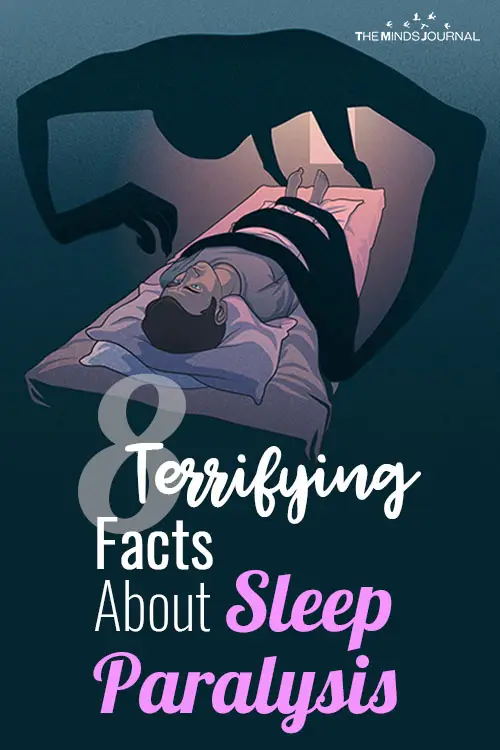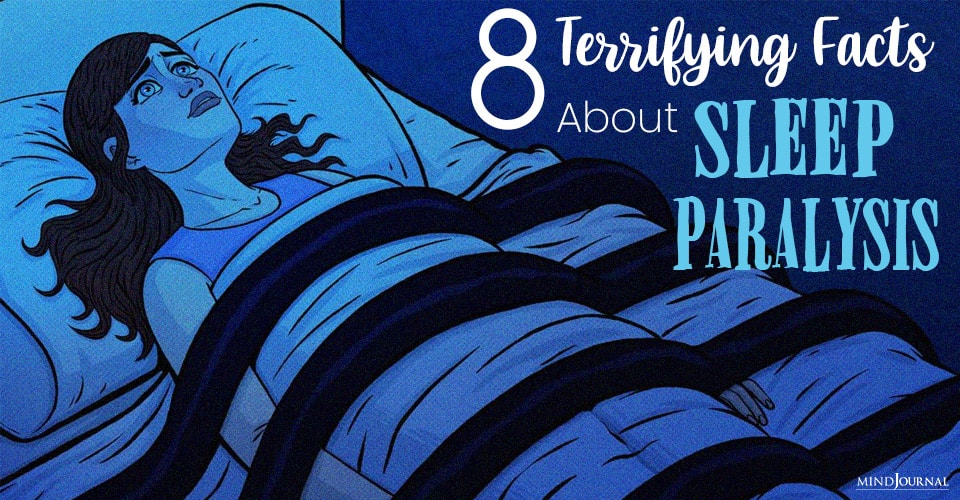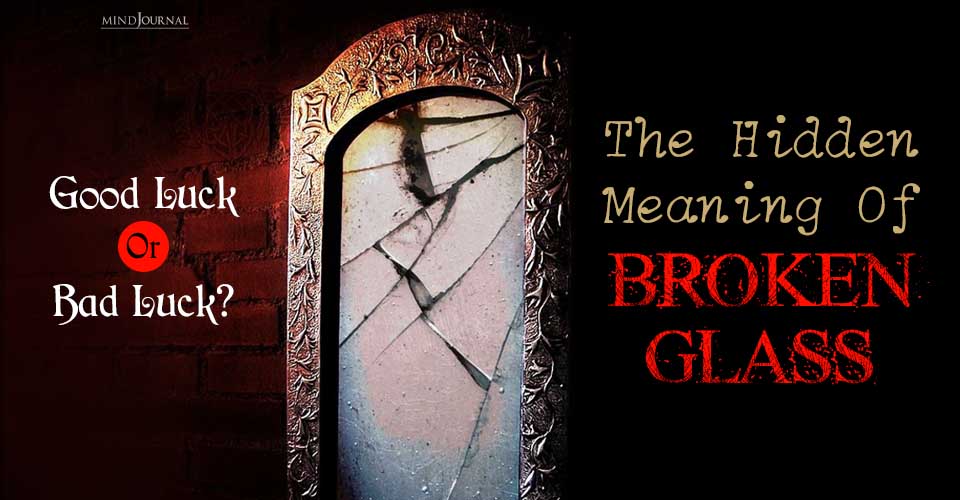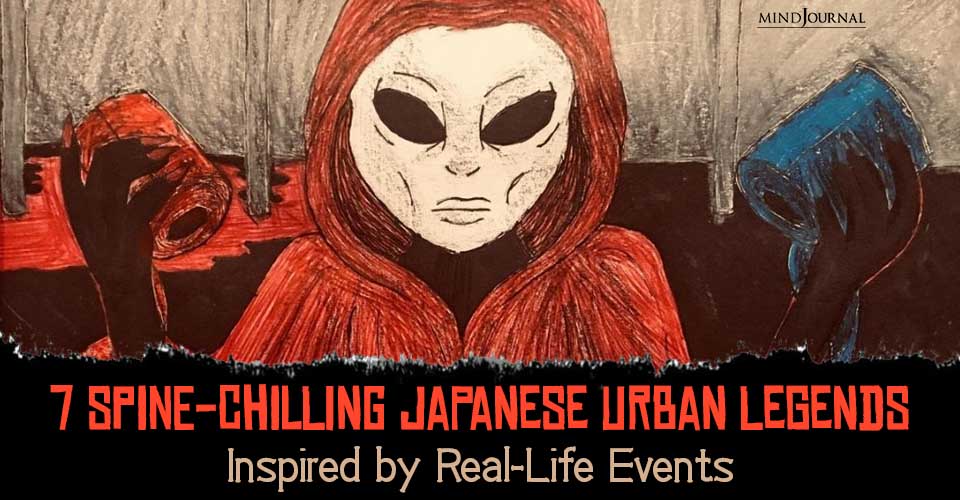Have you ever woken up at night and found yourself unable to move? You were awake, you wanted to shout, but felt as if something was holding you back? Well, chances are that spooky feeling you experienced might be sleep paralysis.
Many people misunderstand this for an encounter with something paranormal, but it is simply a medical condition. An average person needs to sleep for approximately eight hours per day. And we all know how important it is to have a good night’s sleep. It maintains our mental and physical health.
However, a good night’s sleep isn’t easily achieved, or they are disturbed by this bizarre occurrence known as sleep paralysis.
What is Sleep Paralysis?
Sleep paralysis is characterized by a brief loss of muscle control, known as atonia, that occurs immediately after falling asleep or waking up. During episodes of sleep paralysis, people frequently experience hallucinations in addition to atonia.
It occurs when your mind wakes before your body has had a chance to. You can breathe normally, see and understand everything around you, but cannot move a muscle no matter how hard you try. When sleep paralysis occurs, the feelings that run through your mind are overwhelming, and the entire experience can be described as terrifying.
Many people have reported strange sounds or sudden movements that startle them up at night. Others have stated that they have difficulty breathing or they feel as if they are being choked. These vivid and terrifying dreams can last from a few seconds to several minutes.
Medically speaking, there are no serious risks associated with sleep paralysis however, you may experience mental or physical stress.

Here Are 8 Terrifying Facts About Sleep Paralysis
1. No one knows for sure what causes it
Many people believe that sleep paralysis takes place for unexplained reasons and has a paranormal element to it. However, even if there is no definitive cause or explanation, science and researchers suggest that there are some contributing factors that may trigger sleep paralysis.
It could be due to genetic factors or a lack of sleep, others believe it could be due to changes in sleeping schedules or sleeping on one’s back.
Lastly, stress and anxiety are some of the factors because these medical conditions can keep you awake at night, disrupting your sleep patterns and cycles. This increases your chances of experiencing sleep paralysis. Find ways to cope with stress and anxiety, such as increasing your physical activity or practising mindfulness.
Read Sleep Paralysis: Main Causes and Treatments
2. It feels like you’re dead
Many tend to associate waking up and being unable to move or to speak while being mentally awake with the feeling of being dead.
You’re unable to move, you try calling for help only to discover that no words are being uttered from your mouth. This may feel as if you’re being choked because not enough air is getting through to you. But, you’re alive and these episodes don’t last for only a few seconds to a few minutes.
3. It can happen when you’re trying to fall asleep
It doesn’t just happen when you wake up. It can happen at two points during the sleep cycle when your body is transitioning into and out of the REM (deep sleep) stage. It usually occurs when the body has difficulty making these transitions while exiting in and out of the REM cycle.
If it happens while you’re falling asleep, it’s known as hypnagogic sleep paralysis, if it happens while you’re awake, it’s known as hypnopompic sleep paralysis. Unfortunately, the reason why the body can’t transition smoothly is still unknown.
According to the sleep paralysis project’s researchers, people who sleep on their backs are more likely to experience sleep paralysis than people who sleep in any other position.
Read What Is REM Sleep? Why Is It Important For You
4. If you suffer from a lack of sleep, it’s more likely to happen to you
According to studies, people who have severe trouble sleeping and don’t get enough sleep regularly are more likely to experience sleep paralysis than those who are well-rested.
To avoid sleep paralysis as much as possible, try sleeping in different positions, such as on your side or your stomach. Although these other sleep positions may not be the most ideal or comfortable, researchers have discovered that they do reduce the probability of experiencing sleep paralysis.
5. Your nightmare may continue
Many people have claimed to feel that they are experiencing a real-life ‘nightmare’ even after waking up because they open their eyes and see hallucinations. They are mentally alert and are aware that they are awake, but their minds and eyes see things that aren’t there, and it’s all too bizarre but true.
These hallucinations occur when the boundary between dreaming and being awake is interrupted. As a result, when people suffer from sleep paralysis, their dreams may become more vivid than usual. Before the discovery of sleep paralysis, people associated their hallucinations with something paranormal or a visit from other evil figures.
6. It can feel like a demon is sitting on your chest

We all feel threatened by something unknown, don’t we?
Earlier, it was believed that this strange phenomenon was caused by ghosts or evil spirits that came to haunt you in your sleep. You experience something heavy weight on their chest and you feel stuck. You can’t seem to get past the heavy feeling that something is weighing you down, no matter how hard you try.
This frequently makes people feel helpless and threatened. Isn’t it all terrifying?
Read Sleep Paralysis: Astral Demons And Witch Wars
7. There is no way to wake your body up
Some people claim to be able to wiggle their fingers, toes or facial muscles, which helps them wake up the rest of their bodies. Everyone tries something different to get out of the situation, some cry for help, while others close their eyes to make it go away.
There’s no way to get yourself out of it, as you can’t deceive your senses. You just have to wait for a few seconds or minutes for your body to come back to normalcy.
8. It can happen to anybody
You may have already gone through it at some point in your life, not everyone is aware that it occurred, and practically almost everyone will go through it at least once throughout their lifetime.
It is likely to happen to teenagers, but researchers say that anyone experiencing bad sleeping patterns or anxiety and stress can experience this.
Read 11 Of The Most Common Nightmares And Their Scientific Interpretation
What You Should Do?
• Remain calm during sleep paralysis.
It is suggested that you remain as calm as possible during sleep paralysis. Although it may be frightening, keep in mind that it is just a transitory episode and that you cannot do anything about it while it’s occurring. Staying calm makes you feel less threatened because you learn to analyze it rather than panicking.
• Seek Support
Sleep paralysis can be stressful, and if you believe it is affecting your mental health, you should consult a professional therapist. It may appear to be quite frightening, but with the right support, you will be able to overcome it.
Read Mental Health: The 10 Types of Sleep Disorders
References
Cheyne, J. A., Newby‐Clark, I. R., & Rueffer, S. D. (1999). Relations among hypnagogic and hypnopompic experiences associated with sleep paralysis. Journal of sleep research, 8(4), 313-317.
Dahlitz, M., & Parkes, J. D. (1993). Sleep paralysis. The Lancet, 341(8842), 406-407.
If you want to know more about the signs of sleep paralysis, then check out this video below:












Leave a Reply